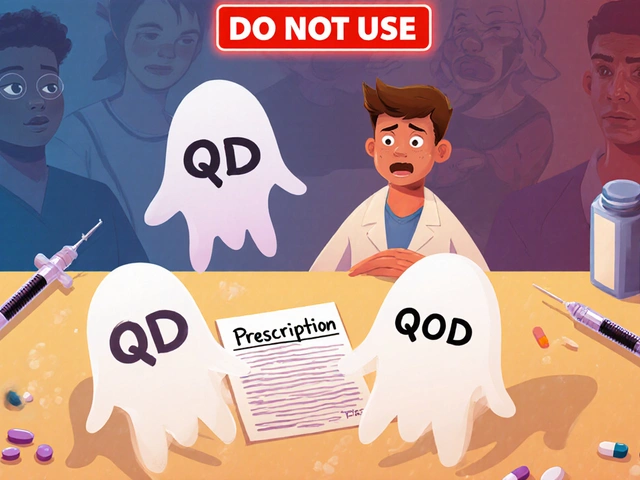Top Herbal Supplements for Fertility: Science-Backed Botanicals to Boost Ovulation
May 24 2025Advanced Care Planning: What It Is and Why It Matters
When you hear Advanced Care Planning, a process for talking about and documenting your future health wishes. Also known as ACP, it helps you stay in control when you can’t speak for yourself.
One core piece of ACP is a Living Will, a written statement that tells doctors which treatments you want or don’t want. It’s not a legal document in every state, but it gives clear guidance to your care team. Having a living will reduces guesswork and eases the burden on family members.
Another essential document is a Healthcare Power of Attorney, a legal appointment of someone you trust to make medical decisions if you’re unable. This person, often called a health proxy, can interpret your wishes and act in real time, bridging the gap between written instructions and on‑the‑spot choices.
When you pair those documents with Palliative Care, a multidisciplinary approach that focuses on comfort and quality of life for serious illness, the whole picture becomes stronger. Palliative teams help you weigh options, answer questions about symptom control, and make sure your plan aligns with what matters most to you.
Beyond forms, advanced care planning needs honest conversations about patient preferences. What level of intervention feels right? Do you prioritize longevity, symptom relief, or staying at home? Clinical guidelines suggest revisiting your plan whenever your health status changes – after a hospital stay, a new diagnosis, or simply as you age.
Below you’ll find articles that break down each piece of the puzzle: how to write a living will, pick the right health proxy, talk to your doctor, and use palliative care services. Use them as a step‑by‑step toolbox to build a plan that reflects your values and protects your loved ones.
 8 Oct
8 Oct
How Palliative Care Improves Carcinoma Treatment Outcomes
Explore how early palliative care enhances carcinoma treatment, improves quality of life, and supports patients through symptom control, emotional support, and advance care planning.
Read More...




